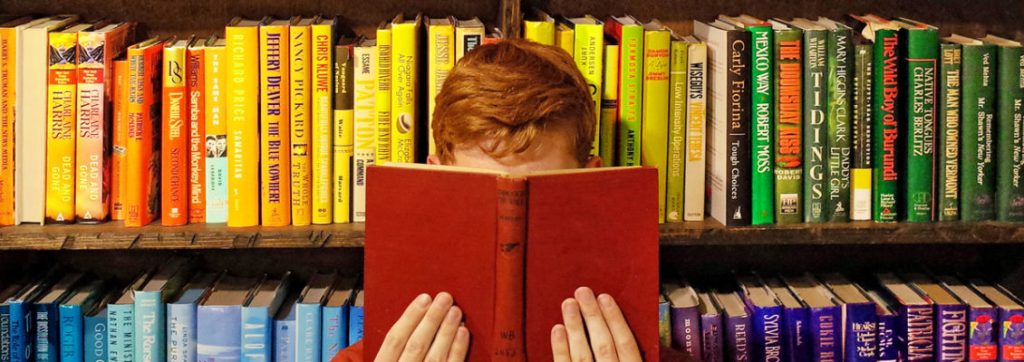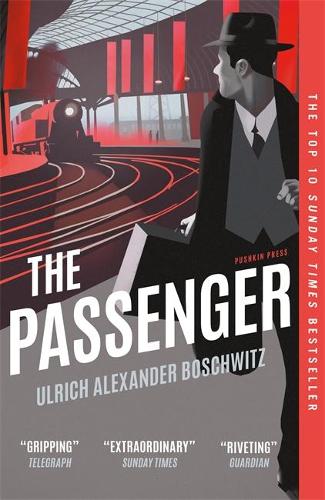I’ve read 160 books this year, so it’s impossible to stick to a list of a mere ten top favourites. So instead I’ve organised things by categories. Don’t worry, I won’t quite name 160 books! After a stint of rereading and a look at modern classics from the first half of the 20th century, I am now becoming more contemporary and looking at this year’s releases. This used to form the bulk of my reading back in 2013-2016 when I was doing a lot of crime fiction reviewing, but I have been much slower to read them these past 2-3 years. I now much prefer for the buzz to die down. The buzz for the titles below is more than justified, though!

Polly Barton: Fifty Sounds, Fitzcarraldo Editions
This book meant so much to me personally, both as a budding translator and as someone who studied Japanese, lived briefly in Japan and worked for Japanese organisations in the past. It is also written in such an interesting way: not just a memoir, not just an essay about translation or cultural encounters, and also a Bildungsroman, cutting a young person’s ego and certainties down to size (in painful ways, occasionally). Unashamedly subjective and yet universal.
…if language learning is anything, it is the always-bruised but ever-renewing desire to draw close: to a person, a territory, a culture, an idea, an indefinable feeling’
Caleb Azumah Nelson: Open Water, Penguin.
I was utterly smitten with the beautiful, sensous, rhythmic prose of this one, a real prose poem, and for once the use of the second person felt completely justified. It also made me feel about nineteen-twenty again!
A short novel, more like a novella, that is a love song in more ways than one: a love story of boy meets girl which on the surface seems conventional enough; a loving description of London and its black communities; a celebration of what it means to be young and hopeful, but also wounded and fearful.
Lucy Caldwell: Intimacies, Faber & Faber.
The author captures the humdrum of the everyday but also the numinous moments of awareness, of things that occasionally make us change (but most frequently don’t). Understated yet so powerful – a voice that grows and grows on you at each reading.
We think the test will come on the days we’re ready for them, braced and prepared, but they don’t: the come to us unheralded, unexpected, in disguise, the ordinariest of moments. I wish I could tell you my struggles in a way that would be meaningful or even of some practical use. But the secret, most important battles we fight are almost untranslatable to anyone else; and besides, you’ll have your own seething weirs of tigerish waters to cross.
Ulrich Alexander Boschwitz: The Passenger, transl. Philip Boehm, Pushkin Press.
No other book conveys the plight of refugees so accurately, without being about refugees explicitly. In this portrayal of a privileged German Jew who suddenly finds himself on the run after Kristallnacht, the sense of hopelessness, of feeling hunted and unwanted, of casual and deliberate racism, the bureaucratic hurdles that make it nearly impossible to escape still feel extremely topical.
The dark heart of the story is perfectly mirrored in its noir apparel and style, which I suspect the author derived from the German and American cinema of the time. Imagine the absurd situations of a character from a Kafka novella, combined with the sharp social critique of Joseph Roth, and the poignant, yet somewhat deadpan delivery of Hans Fallada, married to the frenetic and clumsy action of the narrator from Alexander Lernet-Holenia’s I Was Jack Mortimer.
Yulia Yakovleva: Punishment of a Hunter, transl. Ruth Ahmedzai Kemp, Pushkin Vertigo.
The first book in a very promising new series featuring retro-detective Zaitsev, set in 1930s St Petersburg, with the Stalinist oppression never far from the surface. There is a real sense of menace behind the perky crime fiction conventions which keep the story zipping along at a good pace, and a complicated story featuring serial killers, political machinations and priceless stolen treasure. In equal measure entertaining and educational, but we are never allowed to forget just how dangerous those times were.
If you haven’t found your favourite book of 2021 in the brief list above, there is still a chance they made my ‘Sheer Entertainment’ category, which will follow shortly, or else in my New Discoveries and Deeper Dives section.

